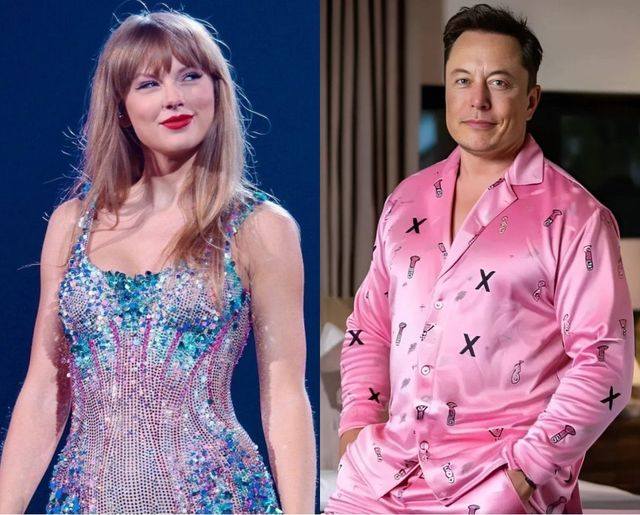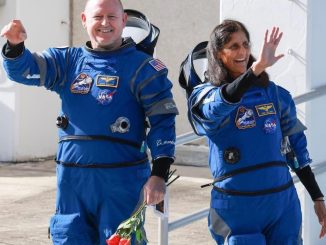Elon Musk, the enigmatic tech mogul, has recently made headlines for his increasingly aggressive and controversial behavior.
Elon Musk has once again ignited a media firestorm, this time setting his sights on global pop sensation Taylor Swift. In a flurry of provocative tweets and candid interviews, Musk vowed to “take down” those who challenge him, singling out Swift in particular.
Musk’s apparent vendetta against the superstar seems to stem from her conspicuous silence on his recent contentious remarks and actions. Labeling her as “woke” and “out of touch” in a series of increasingly erratic posts, Musk threatened to leverage his immense influence and resources to “end her career,” further fueling the drama.
This isn’t an isolated incident. Over the past months, Musk has made headlines for his public spats with politicians, journalists, and fellow celebrities. Critics argue that his aggressive rhetoric highlights a troubling trend: the growing potential for social media platforms to be weaponized by those in positions of power.
Stay tuned as the saga unfolds, drawing attention not only to Musk’s actions but also to broader concerns about accountability in the digital age.

Elon Musk’s escalating feud with Taylor Swift has reached unprecedented levels, drawing widespread condemnation for what many see as blatant harassment and bullying. Critics have not only decried Musk’s actions but have also voiced concerns about their potential impact on Swift’s mental health and well-being.
This high-profile conflict has reignited discussions about the darker side of social media. Musk’s platform, X (formerly Twitter), is under fire for its permissive moderation policies, which critics say enable the proliferation of hate speech and cyberbullying. The platform’s shortcomings in addressing online harassment have become a focal point in the ongoing debate about the ethical responsibilities of tech giants.
While it remains uncertain whether Musk will act on his threats against Swift, his behavior has raised alarm about his judgment and capacity to wield his power responsibly. Many have questioned the potential risks of unchecked influence in the hands of a single individual, especially one with the means to significantly disrupt lives and careers.
Notably, Musk’s actions have sparked a wave of criticism from within the tech industry itself. Numerous innovators and entrepreneurs have distanced themselves from Musk, advocating for a more ethical and accountable approach to technology and social media.
This incident underscores the urgent need for accountability at the intersection of power and technology. As the saga unfolds, it serves as a powerful reminder of the dangers posed by unchecked influence and the importance of safeguarding mental health and public discourse in the digital age.



